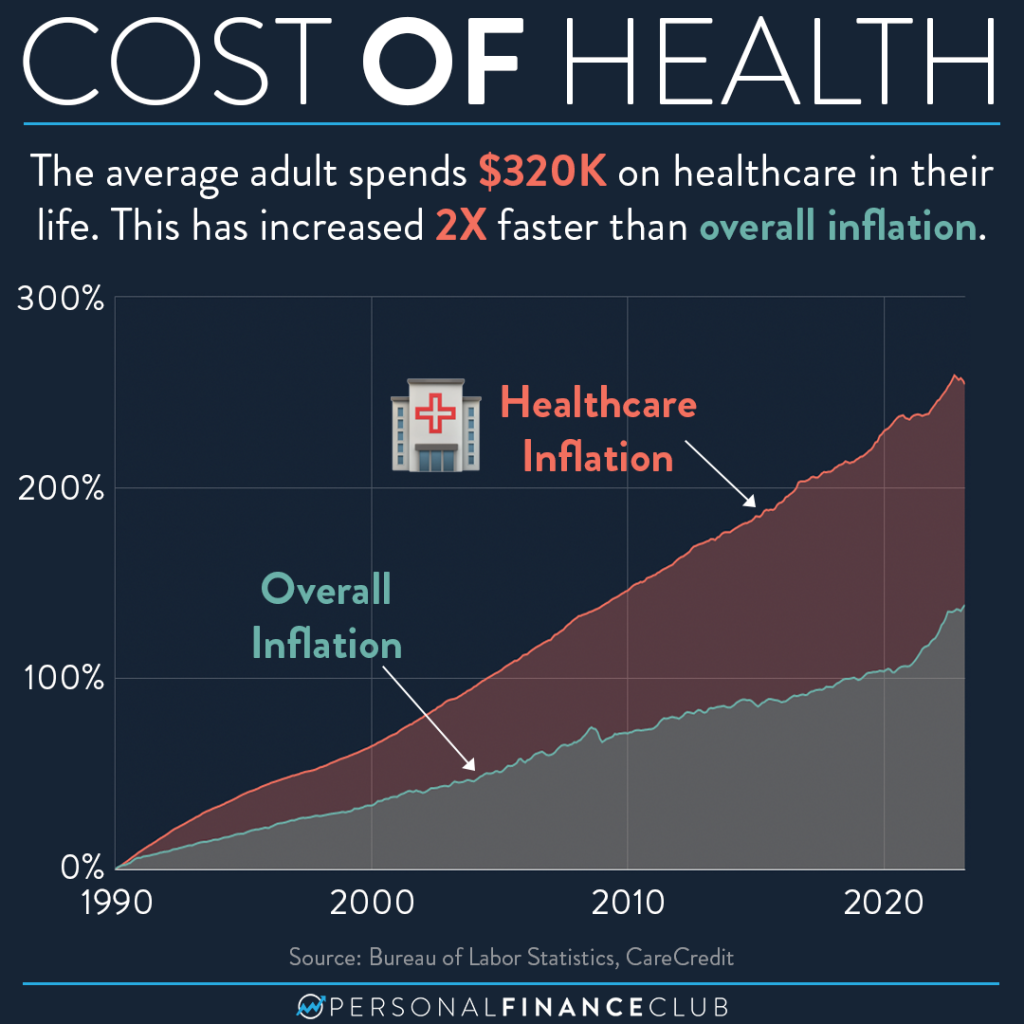Leading Healthcare RCM Strategies for Better Financial Efficiency
Leading Healthcare RCM Strategies for Better Financial Efficiency
Blog Article
Discover Just How Medical Care RCM Processes Transform Administrative Tasks Into Seamless Workflow
In the ever-evolving landscape of medical care, Income Cycle Administration (RCM) processes have actually arised as an essential force in transforming management jobs into seamless procedures. By harnessing sophisticated modern technology and improved methodologies, RCM offers a sophisticated approach to taking care of person enrollment, payment, and asserts processing. These advancements not just minimize errors and boost efficiency but also accelerate capital and raise person contentment. However, what exists beneath the surface of this transformative change? What intricate devices and strategies are utilized to ensure such smooth integration? The response to these inquiries are critical for comprehending the future of medical care administration.
Comprehending Medical Care RCM
Revenue Cycle Monitoring (RCM) in health care is a vital procedure that guarantees the economic health and wellness of clinical institutions by overseeing the entire lifecycle of patient service revenue. It integrates various administrative and clinical functions, starting from the preliminary scheduling of a medical appointment to the ultimate collection of settlement for solutions made. Healthcare RCM. RCM is essential in handling the complexities of billing and reimbursements, ensuring that healthcare carriers obtain payment for their services effectively and properly
A detailed understanding of RCM involves identifying the multiple parts that make it successful. Trick elements include individual scheduling, insurance verification, cost capture, insurance claim submission, and settlement publishing. Each of these elements calls for thorough interest to detail and robust systems to mitigate mistakes that could lead to revenue loss. Moreover, RCM is not exclusively regarding financial collections; it also intends to boost patient satisfaction by lowering billing mistakes and enhancing openness.
The effectiveness of RCM rests upon the seamless integration of innovation and personnel experience. Utilizing innovative software application solutions allows medical care establishments to automate repetitive tasks, thereby minimizing administrative worries. Additionally, experienced workers are vital in navigating governing demands and payer policies, making sure compliance and optimizing revenue recuperation.
Streamlining Client Registration
Enhancing individual enrollment is a basic action in boosting the efficiency of healthcare income cycle administration. It entails maximizing the first communication in between people and medical care suppliers to make sure a smooth information collection procedure.
Automated systems aid in verifying insurance coverage eligibility in real-time, which not just decreases management worries but also boosts client complete satisfaction by avoiding unanticipated invoicing concerns. Furthermore, pre-registration procedures enable patients to total forms on the internet prior to their browse through, minimizing wait times and enabling team to focus on more facility jobs. This aggressive technique guarantees that all required details is collected and confirmed prior to care is supplied, therefore avoiding hold-ups in subsequent payment and declares procedures.
Training staff to use these systems efficiently is crucial. It makes sure that information entry is accurate and consistent, promoting a smooth transition from patient enrollment to other revenue cycle procedures. Eventually, enhancing person registration lays the structure for a more efficient, patient-centered health care shipment model.
Effective Billing Solutions
Reliable payment remedies are indispensable to optimizing health care profits cycle monitoring. They act as the backbone for making sure exact and prompt economic purchases in between patients, healthcare carriers, and insurance companies. By leveraging advanced technology and streamlined processes, healthcare facilities can considerably minimize payment mistakes, lessen hold-ups, and boost cash money circulation. Implementing robust billing systems helps with accurate fee capture, making sure all services made are accounted for and billed appropriately. Automation tools can fix up invoicing data with clinical documents, minimizing inconsistencies and avoiding case rejections.
Additionally, reliable invoicing solutions encourage doctor to use transparent prices and payment information to people, promoting trust and enhancing patient satisfaction. Real-time invoicing systems enable medical care staff to supply immediate comments on client qualification and out-of-pocket expenses, enhancing the total individual experience. These options additionally permit seamless assimilation with digital health and wellness records (EHR), making sure that billing and professional information remain in sync, reducing management burdens on doctor.
Including reliable billing solutions right into the income cycle monitoring framework not only optimizes functional performance yet likewise strengthens financial efficiency. By minimizing errors, accelerating repayment cycles, and improving individual interaction, medical care companies can concentrate extra on supplying top quality treatment while maintaining financial sustainability.
Optimizing Claims Processing

In the realm of medical care profits cycle monitoring, maximizing cases handling is essential for keeping economic wellness and operational effectiveness. A streamlined claims procedure lessens the time between service distribution and repayment, thus enhancing capital and lowering the possibility of mistakes. Efficient claims refining this link starts with accurate documentation and coding, which are important to guarantee that cases are sent without disparities that can cause delays or rejections.
Leveraging innovative innovation, such as automated claims monitoring systems, can dramatically improve the efficiency of this procedure. These systems are developed to automate recurring jobs, track claims with each stage, and flag possible issues early. This not just decreases the management concern on team however also raises the accuracy of entries by reducing human mistake.

Enhancing Profits Collection

Furthermore, denial management plays a crucial duty in making best use of earnings collection. Identifying patterns in case rejections, recognizing root causes, and executing restorative actions can dramatically reduce recurring problems, thus boosting capital. Carriers need to buy durable analytics tools that promote thorough coverage and evaluation, allowing them to attend to and remedy denial trends quickly.
Timely follow-up on outstanding cases is one more crucial element of profits collection. Establishing a systematic method to monitor and pursue aged accounts makes certain that no revenue is left unclaimed. Employing dedicated staff or automated systems to track these insurance claims can enhance performance and ensure consistent money inflows.
Verdict
Health Care Profits Cycle Administration (RCM) processes dramatically boost management effectiveness by integrating advanced technology and human competence (Healthcare RCM). The automation of person registration, payment, and asserts processing increases and lowers mistakes cash flow, ultimately boosting individual fulfillment with real-time insurance coverage confirmation and transparent payment. By making certain seamless operational circulation, RCM enables doctor to focus Read Full Article on high quality care while maximizing revenue recovery and preserving economic stability, therefore changing management tasks into reliable, streamlined operations
Profits Cycle Management (RCM) in healthcare is an important procedure that guarantees the economic health of clinical institutions by managing the entire lifecycle of patient solution profits.Streamlining individual registration is a fundamental step in enhancing the effectiveness of health care revenue cycle administration. It entails maximizing the first communication between clients and health care companies to make sure a smooth information collection procedure.In addition, effective payment options empower medical care suppliers to supply transparent my website prices and billing details to clients, cultivating trust and enhancing person satisfaction. Real-time payment systems enable healthcare staff to offer prompt responses on individual qualification and out-of-pocket costs, boosting the general client experience.
Report this page